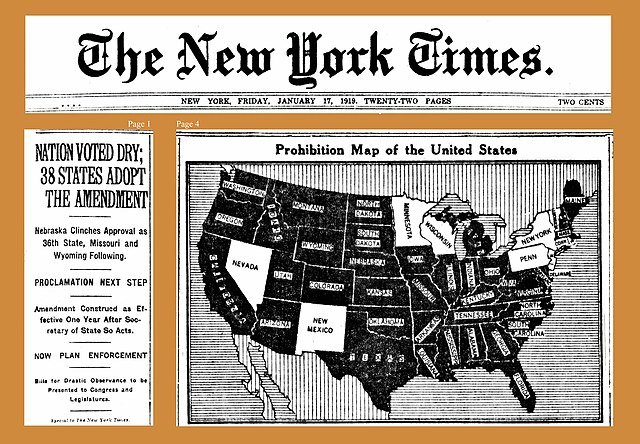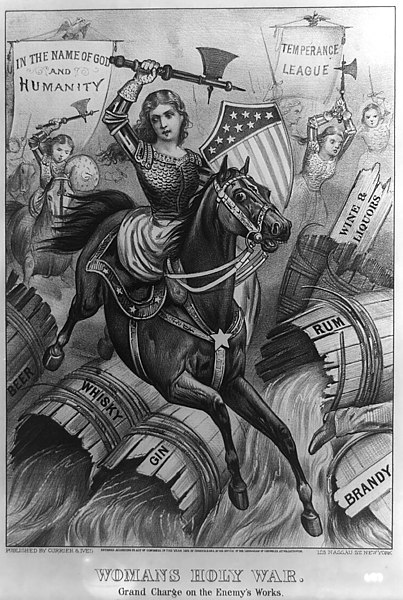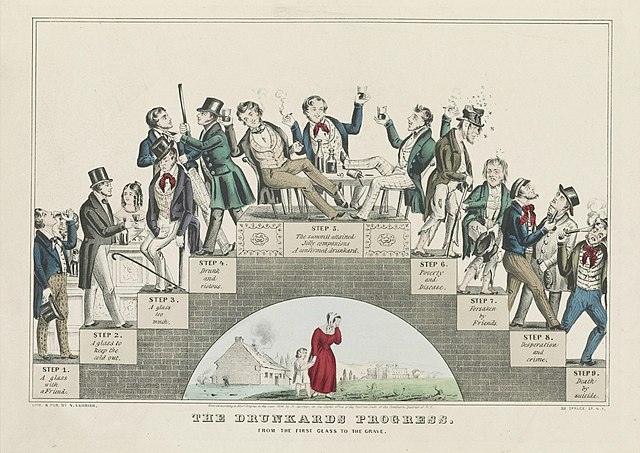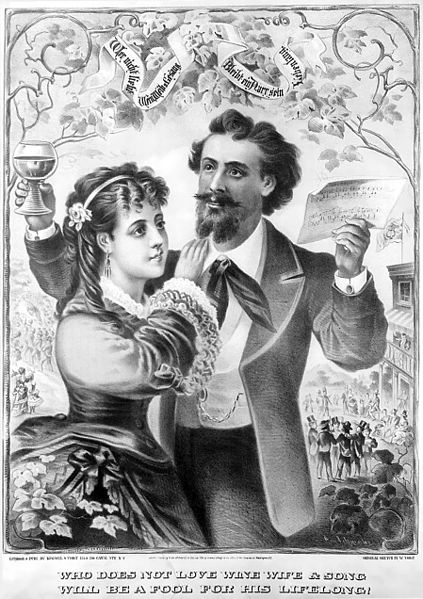Eighteenth Amendment to the United States Constitution
The Eighteenth Amendment to the United States Constitution established the prohibition of alcohol in the United States. The amendment was proposed by Congress on December 18, 1917, and ratified by the requisite number of states on January 16, 1919. The Eighteenth Amendment was repealed by the Twenty-first Amendment on December 5, 1933—the only constitutional amendment in American history to be repealed.
The Eighteenth Amendment in the National Archives
After the 36th state adopted the amendment on January 16, 1919, the U.S. Secretary of State had to issue a formal proclamation declaring its ratification. Implementing and enforcement bills had to be presented to Congress and state legislatures, to be enacted before the amendment's effective date one year later.
Prohibition agents destroying barrels of alcohol
Prohibition in the United States
The Prohibition era was the period from 1920 to 1933 when the United States prohibited the production, importation, transportation and sale of alcoholic beverages. The alcohol industry was curtailed by a succession of state legislatures, and finally ended nationwide under the Eighteenth Amendment to the United States Constitution, ratified on January 16, 1919. Prohibition ended with the ratification of the Twenty-first Amendment, which repealed the Eighteenth Amendment on December 5, 1933.
Detroit policemen inspect the equipment used in a clandestine brewery during the Prohibition era.
Pro-prohibition political cartoon, from 1874
The Drunkard's Progress – moderate drinking leads to drunkenness and disaster: A lithograph by Nathaniel Currier supporting the temperance movement, 1846
"Who does not love wine, wife and song, will be a fool his whole life long!" (Wer nicht liebt Wein, Weib & Gesang / Bleibt ein Narr sein Leben lang.)







